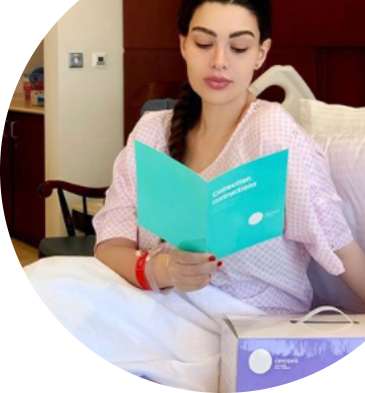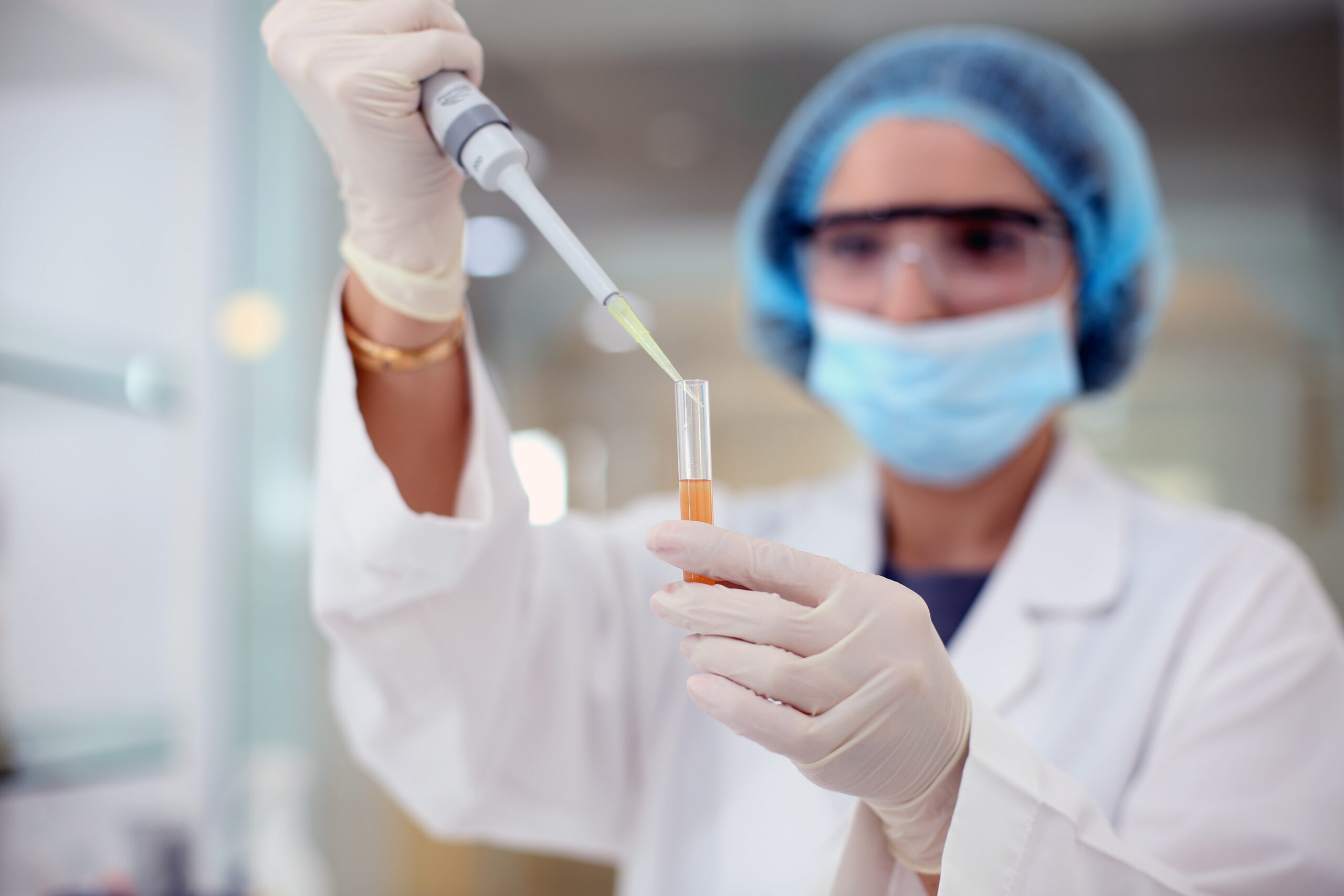The potential for stem cell treatments is vast and last year saw a large number of exciting developments in stem cell research. The fact that more and more studies are being done in this area and the results are so encouraging is extremely positive news. Here are some highlights from the latest trials being conducted in this exciting area.
Autism
In 2017 Researchers at Duke University in the United States conducted an open label trial to determine whether umbilical cord blood was effective in treating Autism Spectrum Disorders. That results from that trial showed encouraging results and lead scientists to undertake a wider randomized, blinded, placebo‐controlled, crossover trial. The results from this wider trial were published in 2018 and showed that treatment using autologous umbilical cord blood (AUCB) is completely safe for children with ASD which is great news. The efficacy of the treatment is yet to be proven however, however, a core symptom of autism, socialization, showed trends in improvement on the official medical scale.
In August 2018 researchers subsequently revealed further results from the wider trial. They found that after treatment with cord blood, ASD sufferers had EEG (electroencephalography) patterns that much more closely resembled EEG patterns of non ASD children. These changes were statistically significant meaning that cord blood may have directly affected the electrical activity in the brain.
Hearing
A pilot study in America to determine what effect using autologous umbilical cord blood has on treating Sensorineural hearing loss (SNHL) in children has showed encouraging results. Researchers at the Florida Hospital for Children reported that 45% of participants in the study showed hearing improvements which may well point to newborn stem cells being able to repair the ear itself.
SNHL is defined as hearing loss due to damage or dysfunction of the inner ear (as opposed to other structures of the ear). This can be a result of premature birth, infections, or exposure to noise or ototoxic drugs, resulting in irreversible damage to the fragile hair cells (cilia) in the inner ear. Currently, there is no cure for SNHL.
Lung Cancer
An NHS trial in the UK was launched to investigate the viability of stem cell therapy to treat lung cancer patients. This was after researchers at University College London proved that mesenchymal stem cells, which are found in umbilical cord tissue, have the ability to target cancerous cells in the body. The trial is ongoing but early results have been encouraging.
Cystic Fibrosis
Researchers in Australia have successfully proved that it’s possibly to replace cells affected by Cystic Fibrosis with healthy functioning cells. The genetic disorder affects a sufferer’s lungs and digestive system causing a build-up of mucus which impairs breathing and significantly increases the risk of chest infections.
The research involves harvesting adult stem cells from the lungs of cystic fibrosis patients, correcting them with gene therapy, and then reintroducing those cells back into the patient.
Heart Defects
A trial in America is conducting pioneering research into the use of autologous umbilical cord blood in babies born with a particular heart defect. Hypoplastic left heart syndrome is a birth defect that affects normal blood flow thought the heart. It is a congenital defect occurring during pregnancy when the left hand side of the heart does not form correctly. It is not possible to treat this condition with regular surgery, however, doctors are hoping that the use of stem cells will cause the heart muscles to enlarge or hypertrophy maybe even generate more cells.
Chrohn’s Disease
A new clinical trial was announced in the UK to assess whether stem cell transplantation, with a low intensity treatment regimen, can reduce the symptoms and activity of Crohn’s disease and enhance quality of life. Eight centres across the country are involved in the initiative and although results will not be published for some years yet, whilst researchers conduct their investigations, hopes are high for sufferers to find an effective treatment for this debilitating condition.






